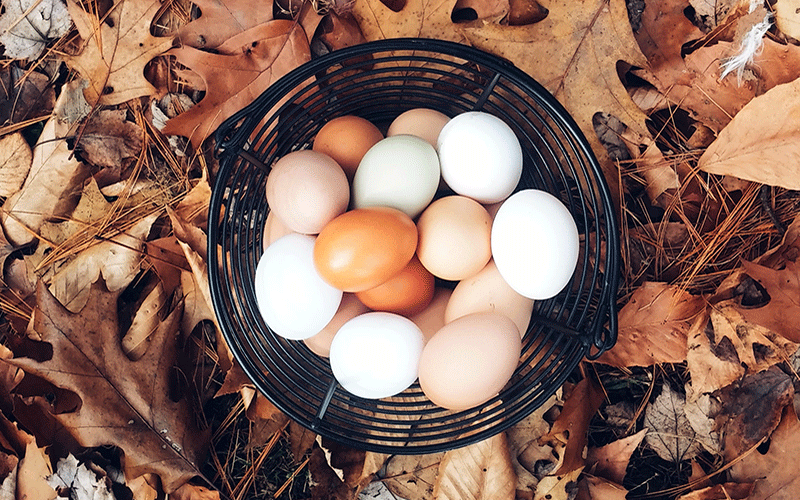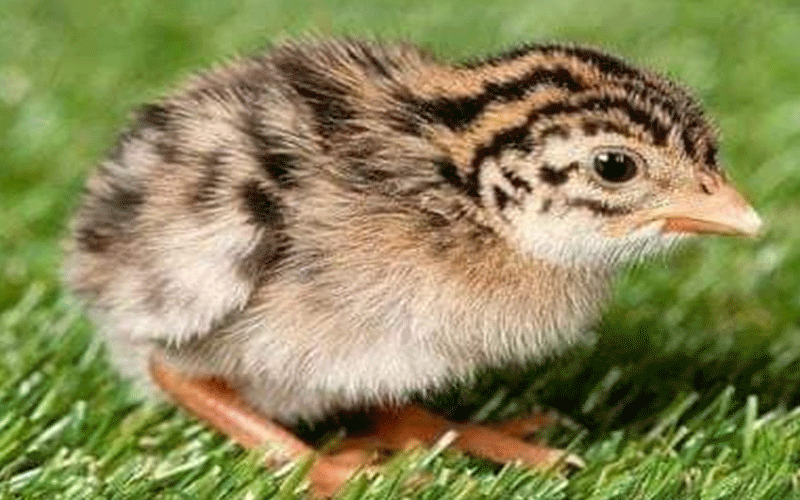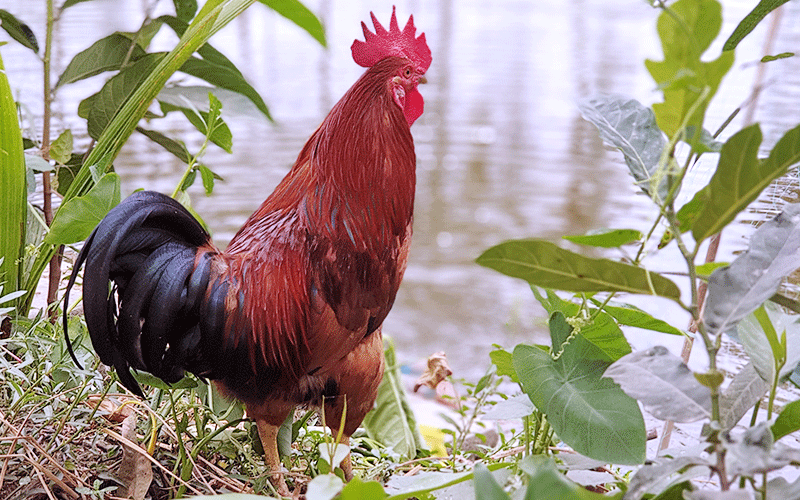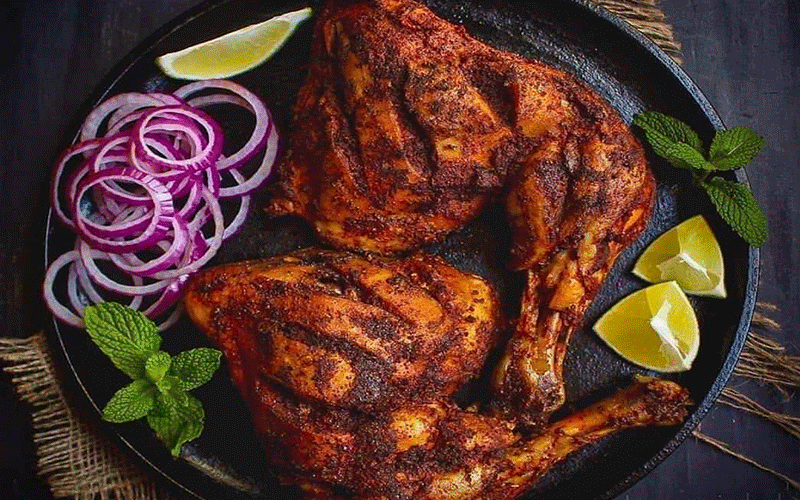



SONALI / DESI
The Sonali is a cross-breed of Rhode Island Red (RIR) cocks and Fayoumi hens and has a similar phenotypic appearance to that of local desi chickens; it was introduced in 1996–2000 in northern parts of Bangladesh. Traders can sale sonali at higher price than broiler. The Rhode Island Red are easy to control, good at foraging, are a utility bird, raised for meat and eggs. They can produce about 200 brown eggs in a year. RIR is used as a father mainly due to the prolific egg laying characteristic which is passed down through the males. Fayoumi hens are good layers of small, off-white eggs and can produce about 200 eggs per year. The breed is fast to mature, with hens laying by four and half months. Weight of Sonali adult male is 2-2.5 kg and adult female is 1.5-2 kg. Egg production of mature sonali is 150-200 per year.
There is numerous importance of sonali chicken. Sonali farm is a source of income and employment as it can be adopted as whole-time business on large scale or part time business on small scale. Even housewife can look after a small flock of birds. Sonali is also a source of protein. Its meat and eggs are the cheapest sources of animal protein for human nutrition. Fertile eggs can also be used in vaccine preparation along with breeder farm. Inedible eggs from hatchery can be used as animal feed and fertilizer. Egg yolk and albumin have also industrial uses. Table eggs can be sold for cash. Capital and labour inputs are low and the costs of production per egg or per kg of sonali are not so much. Meat quality of sonali is similar to desi chickens. Sonali plays an important role in socio-economic condition in village. Sonali farming as a tool of socio-economic transformation of rural people has immense potential in our country where many people live below the poverty line. Economic improvement of rural masses can be substantially achieved with introduction of scientific sonali farming. It provides employment opportunity to young entrepreneur, self-employment to local adult people. It requires less investment and less space to start the enterprise.
DESI / COUNTRY CHICKEN
While growing up I saw many households raising chickens in their backyards or even rooftops and this practice is still on where people have enough space and resources to manage this small scale breeding. The purpose of keeping poultry is to have organic eggs and chicken meat. Some breed and raise chicken as small scale business as well. Desi chicken/country chicken are basically raised in open space and in natural environment. They have enough space to run around and grow naturally. They scratch ground and dirt for worms and insects plus get natural feed, like corn, bread, rice or other household scrap by their keepers. Such poultry live and grow under normal conditions like fighting each other over food, escaping predators which obviously have an impact on their muscle development. They have more muscle, less fat and the meat has more texture and deeper flavor. Since they are not bred for commercial purpose and their growth is natural, their meat take longer to cook (because of more muscle mass) and flavor is complex. Many people love this particular taste and texture and some people opt for desi chicken as an organic option. Being grown naturally their meat has a distinctive taste which is inconsistent as well plus such chicken is more expensive too.
